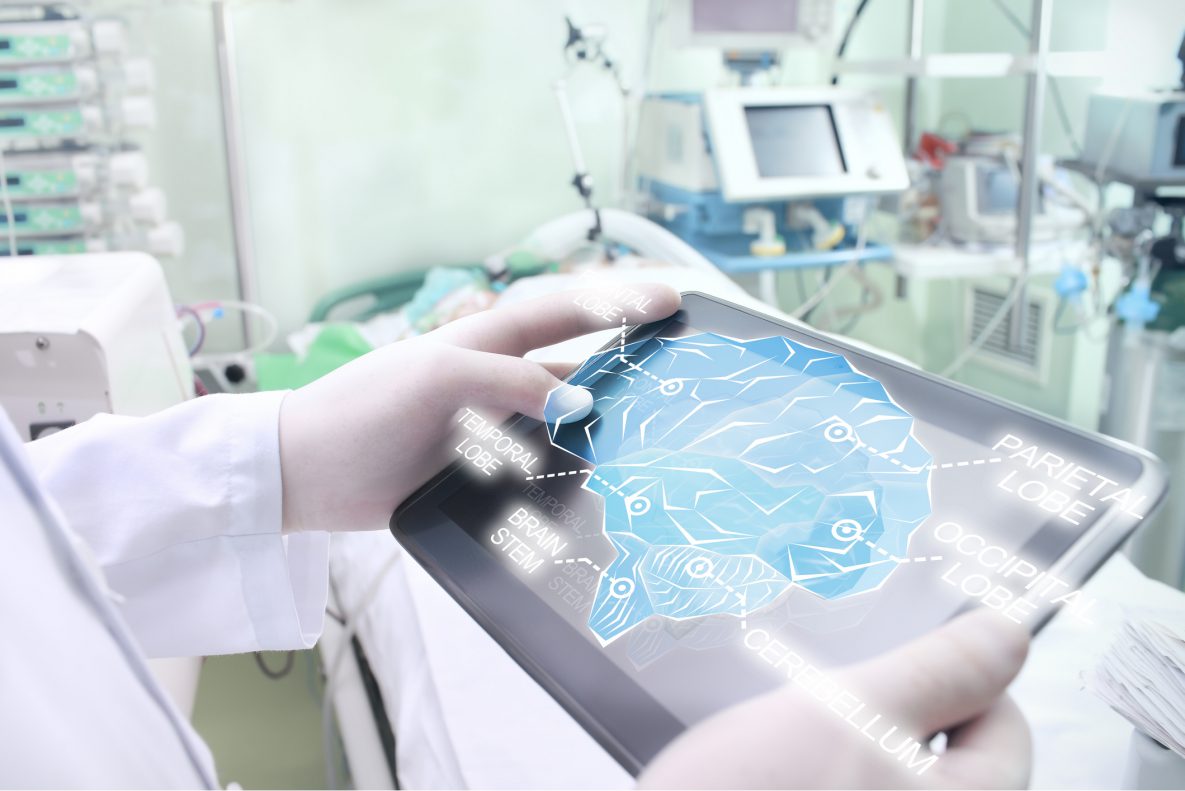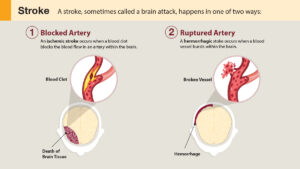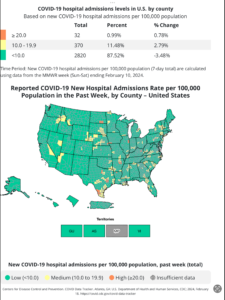A TBI affects how the brain works
A traumatic brain injury, or TBI, is an injury that affects how the brain works. It may be caused by a:
- Bump, blow, or jolt to the head, or
- Penetrating injury (such as from a gunshot) to the head
There are three main types of TBI:
- Mild TBI or concussion
- Moderate TBI
- Severe TBI
TBI is a major cause of death and disability
There were over 64,000 TBI-related deaths in the United States in 2020. That’s about 176 TBI-related deaths every day.
TBIs affect the lives of people of all ages. Anyone can experience a TBI, but data suggest that some groups are at greater risk of dying from a TBI or experiencing long-term health problems after the injury. Examples of groups who are more likely to be affected by TBI, include:
- Racial and ethnic minorities
- Service members and Veterans
- People who experience homelessness
- People who are in correctional and detention facilities
- Survivors of intimate partner violence
- People living in rural areas
People most commonly get TBIs from a fall, firearm-related injury, motor vehicle crash, or an assault
Research shows that:
- Falls lead to nearly half of the TBI-related hospitalizations
- Firearm-related suicide is the most common cause of TBI-related deaths in the United States,
- Motor vehicle crashes and assaults are other common ways a person may get a TBI
For more detailed information on the leading ways people get TBIs and the groups of people most likely to get a TBI, check out CDC’s TBI data reports.
A TBI may lead to short- or long-term health problems
Depending on the severity of the injury, those who get a TBI may face health problems that last a few days or the rest of their lives. For example, a person with a mild TBI or concussion may experience short-term symptoms and feel better within a couple of weeks or months. And a person with a moderate or severe TBI may have long-term or life-long effects from the injury.
A person with a possible TBI should be seen by a healthcare provider. Your healthcare provider may have treatment to help speed your recovery.
- Most people with a mild TBI or concussion can recover safely at home following a medical check-up
- People with a moderate or severe TBI may need ongoing care to help with their recovery
A TBI during childhood may affect brain development
TBI affects children differently than adults. An injury of any severity to the developing brain may:
- Disrupt a child’s development
- Limit their ability to participate in school and other activities, like sports
As a result of a TBI, children may experience changes in their health, thinking, and behavior that affect learning, self-regulation, and social participation, all of which are important to becoming a productive adult.
CDC’s Report to Congress on the management of traumatic brain injury in children details the potential effects of a TBI on children and their families.
TBIs may be missed in older adults
Older adults are more likely to be hospitalized and die from a TBI compared to all other age groups. Still, TBIs may be missed or misdiagnosed in older adults because symptoms of TBI overlap with other medical conditions that are common among older adults, such as dementia.
Healthcare providers should check for signs and symptoms of TBI if an older adult has:
- Fallen or has a fall-related injury, such as a hip fracture
- Been in a car crash
This is especially important among older adults who are taking blood thinners, such as:
- Anticoagulants like warfarin (Coumadin), rivaroxaban (Xarelto), and apixaban (Eliquis)
- Antiplatelet medications like clopidogrel (Plavix), ticagrelor (Brilinta), and acetylsalicylic acid (Aspirin)
These medicines may increase the risk for bleeding in the brain following a TBI. Bleeding in the brain after a TBI may put a person at risk for more severe injury or death.
Original Article – https://www.cdc.gov/traumaticbraininjury/get_the_facts.html





